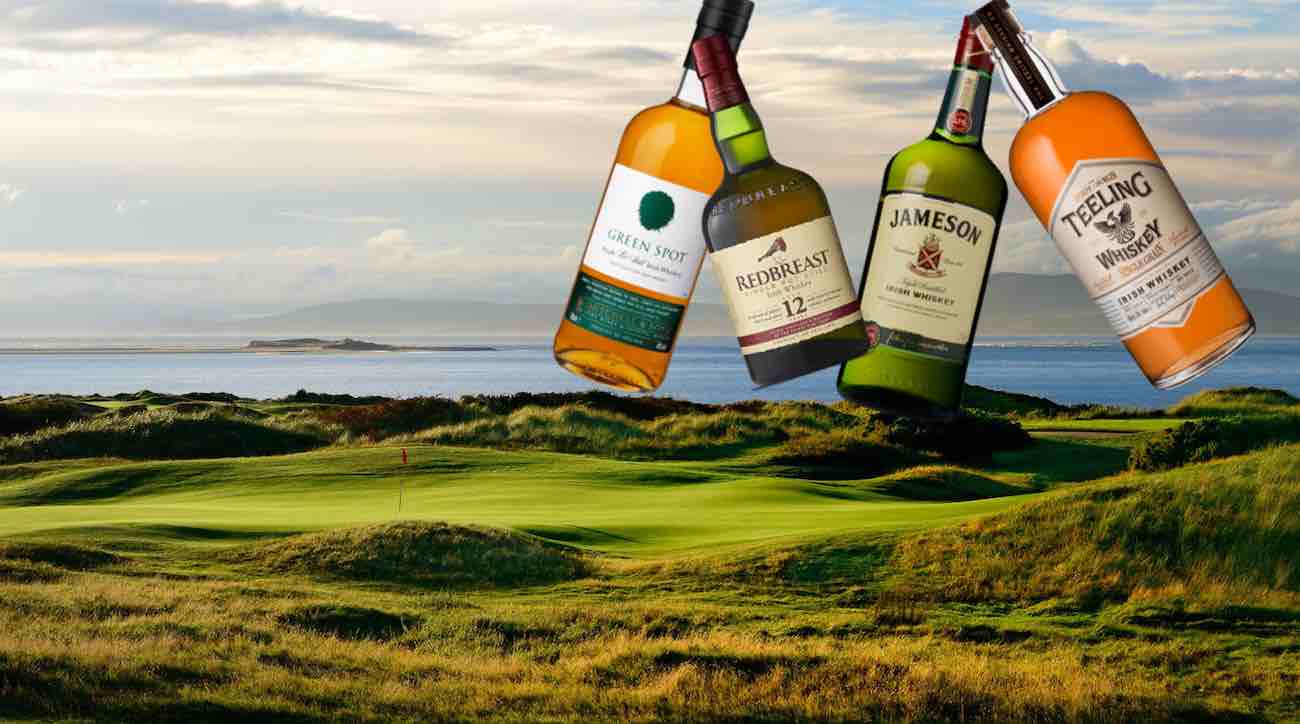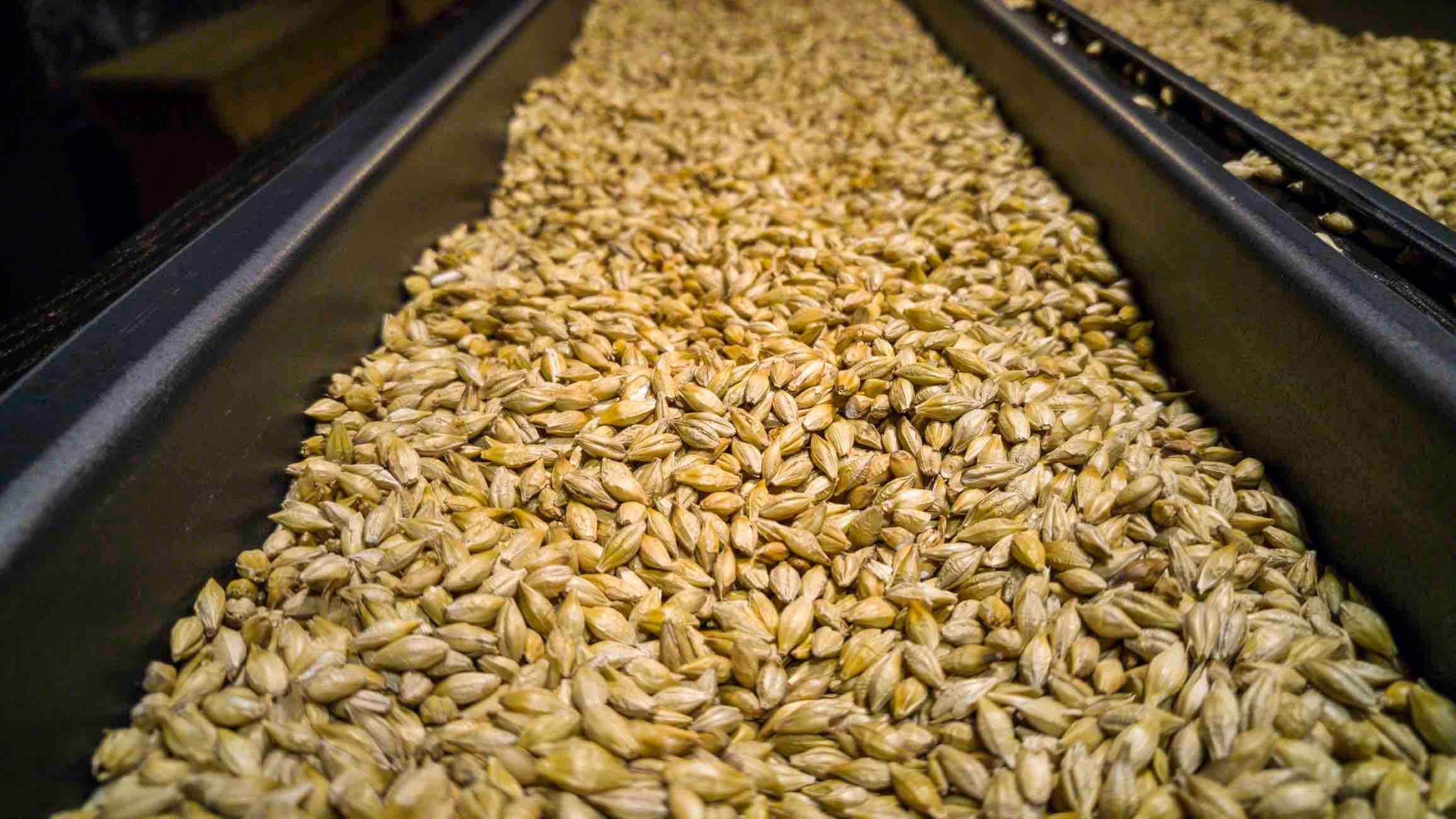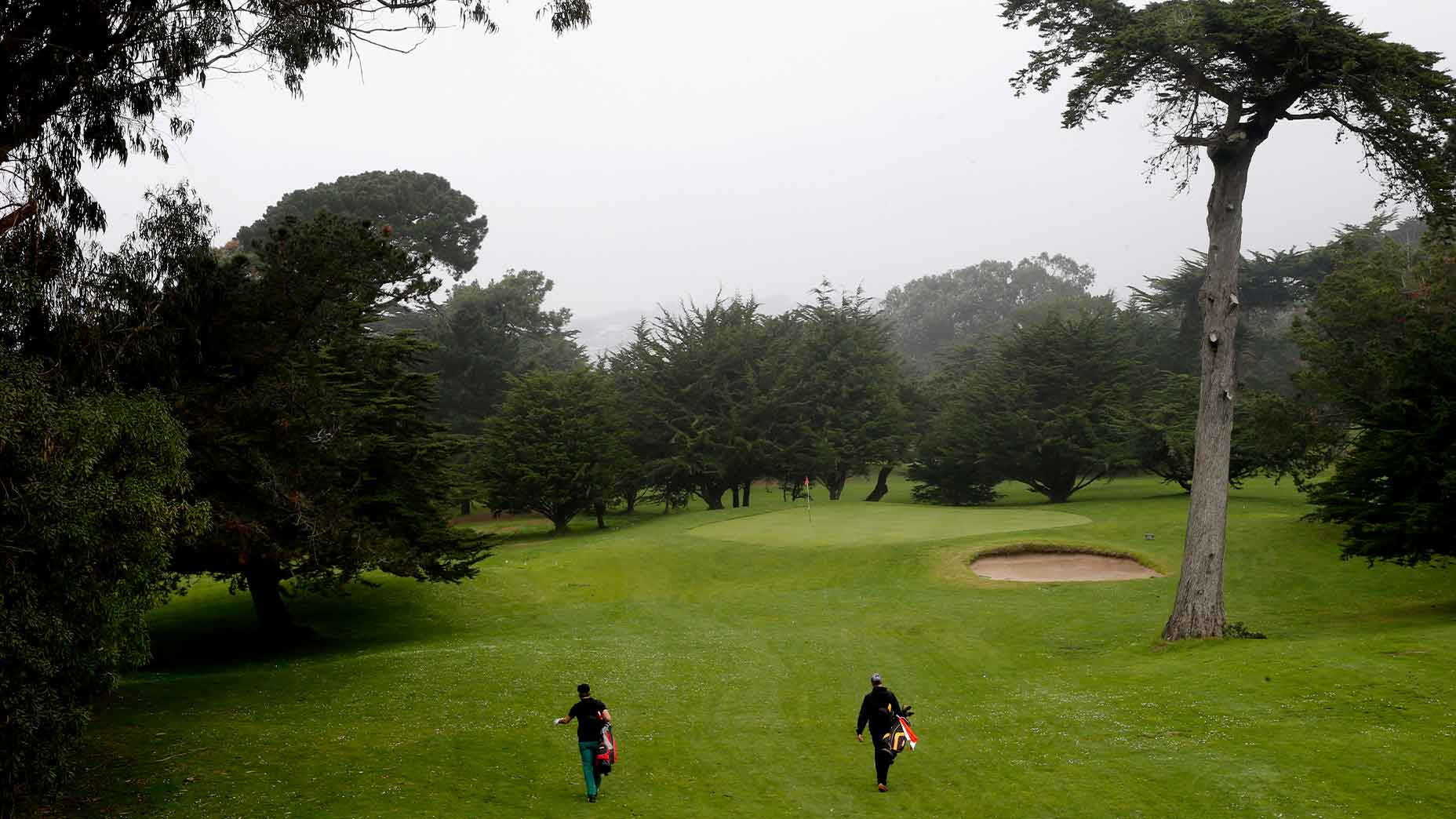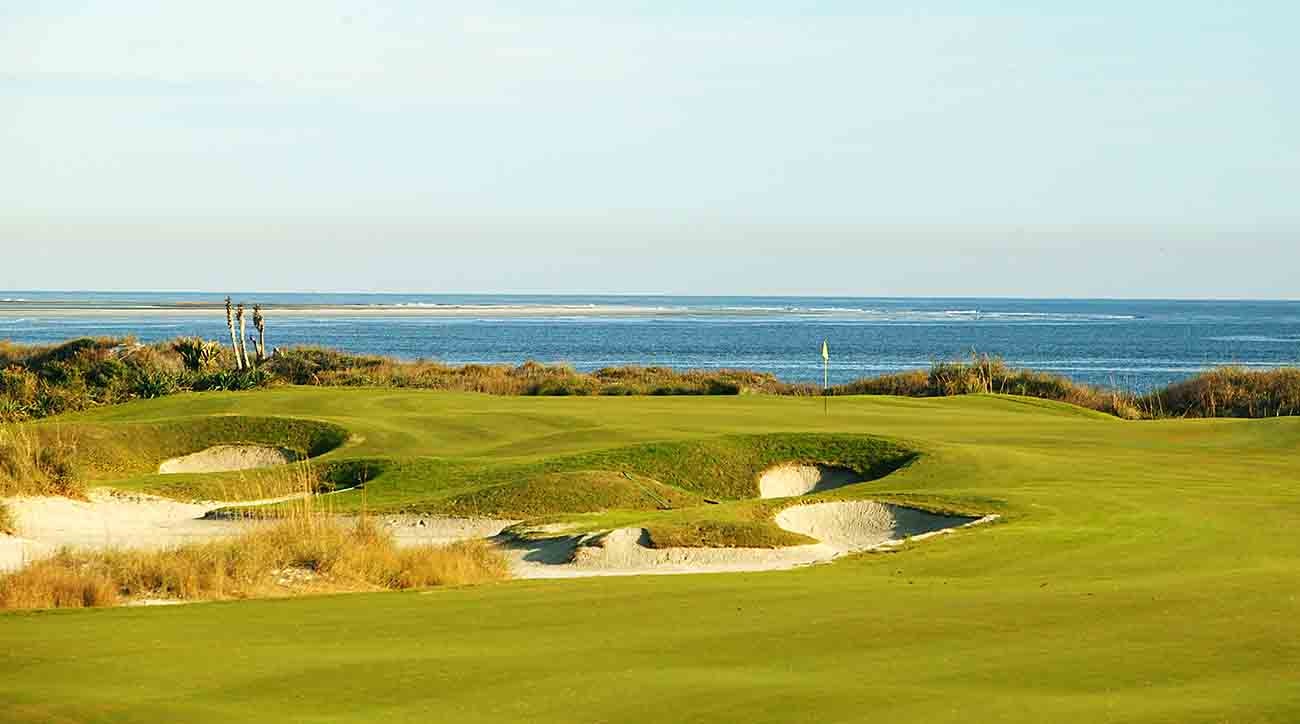 Inside Mike Trout’s epic, Tiger Woods-designed personal golf course
Inside Mike Trout’s epic, Tiger Woods-designed personal golf course
Whiskey Wednesday: What golfers need to know about Irish whiskey

Outside of Scotland and perhaps a few destinations in the U.S., most golfers dream of a trip to Ireland. And those who have already gone tend to wax lyrical about it until they return.
Having already run through a number of whiskey basics over the past few weeks, we thought we’d shift our attention to Irish whiskey, because after all, what goes better with Irish golf than a nice dram of Irish whiskey?
What makes Irish whiskey so different?
Every whiskey-making region has its own characteristics, and Irish whiskey is no different. Whereas Scotch is generally known for its peaty, smoky character, and bourbon (which is made of more than 50 percent corn), brings with it lots of maple-y flavors, Irish has a different profile. Irish whiskey is traditionally made with a large portion of unmalted barley, which gives it a kind of cereal-like, biscuit-y flavor. It’s the product of a tax the British imposed on malted barley as a way of capitalizing on the huge popularity of Irish whiskey back in 1785. So, the plucky Irish distilleries decided to use unmalted barley instead, as a way of avoiding the tax.
What is unmalted barley?
When distilleries make whiskey, they gather a large amount of barley, then apply a little water and heat to trick the barley into growing — or “malting.” This process releases some of the sugar in the barley which helps give whiskey its flavor. When distillers want the barley to stop malting, they dry it out, traditionally by burning peat. When that’s all done, distillers take the barley and soak it, mash it, distill the liquid and put it in the barrel.
Unmalted barley is simply barley that hasn’t been allowed to begin growing, and is thrown into the mash mixture in its original form.

ADVERTISEMENT
What does Irish whiskey taste like?
Because of all that unmalted barely, Irish whiskey generally tastes lighter and drier, with a more biscuit-y flavor than Scotch or Bourbon. And because there’s no need to burn peat as a way of halting the malting process, it’s quite rare to encounter a smoky Irish whiskey, but they do exist. Connemara 12 is the most notable in that regard.
What are some notable Irish whiskeys?
Most clubhouses will have at least one Irish whiskey behind the bar, and probably a few. Jameson, Powers, Bushmills, Red Breast and Tullamore are some of the most widely-distributed whiskeys that you shouldn’t have much trouble finding. Teeling, distilled in Dublin, and Green Spot are two more tasty Irish options that aren’t hard to find.
Speaking as someone who relatively recently got into Irish whiskey, I started with Jameson’s signature expression and worked my way up from there. First, into its two caskmates editions (which are aged in ex-IPA and Stout beer barrels, respectively), and then into some of its other blends. I even picked up a bottle of their Crested expression while I was over at the British Open last year.
To receive GOLF’s all-new newsletters, subscribe for free here.
ADVERTISEMENT





